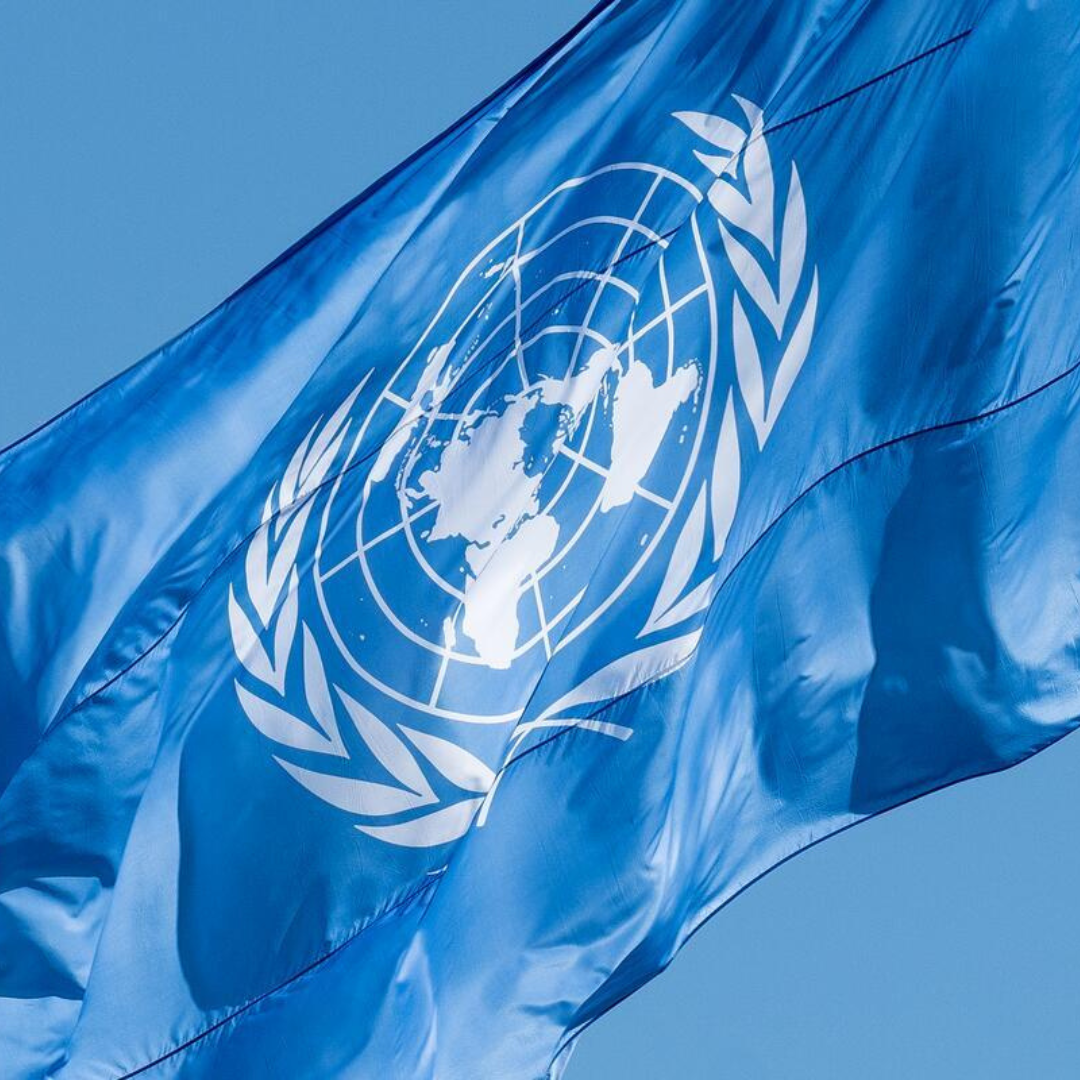Approach

Through capacity building, the Climate Security Mechanism (CSM) enables policymakers and practitioners in UN entities and beyond to combine technical and political expertise to develop a shared understanding and approach regarding the complex interlinkages between climate change, peace and security.
The CSM has developed an ambitious capacity building offer that combines initiatives targeted specifically at building skills in the area of climate, peace and security. With efforts at mainstreaming climate, peace and security into broader, already existing training offerings, the CSM has organized and co-organized training sessions for practitioners across the UN system. Much of the content for capacity building also comes from knowledge co-generation and management while the CSM can transform it into pedagogic materials or apply lessons and comparative examples in different contexts. The CSM’s capacity building offer ensures that good practice and co-generated analysis and knowledge are translated to support practitioners’ efforts at developing policies and programmes that effectively address climate, peace and security (CPS) interlinkages, integrating a gender and social inclusion lens.
As of August 2024, 1,185+ UN mission and country team staff as well as other experts have been equipped with knowledge, skills, networks, and resources through CSM-led/supported sessions expected to translate into more systematic CPS analysis, programming, indicators and reporting. CSM-supported training offerings include the MOOC on CPS, the new CPS training curriculum for UN field missions, the first training on CPS Peacebuilding Programming, and the CPS Experts Academy described below.
The CSM also mainstreams CPS into broader UN training offerings (such as the Actionable Conflict Analysis Training in DPPA-DPO). CSM-supported capacity building engagements build on the Toolbox, lessons learned from the UN CPS Practitioners Dialogue (CSM and UNSSC, 2022) and the online course on “Understanding Climate-Related Security Risks Through an Integrated Lens” (UN CC:Learn, UN Women, UNEP, adelphi and CSM, 2022).
Audience
- UN staff from Special Political Missions, Peacekeeping Operations, Country Teams and the DPPA Peacebuilding Support Office (PBSO)
- Policymakers, experts, academia, research institutes, civil society and young graduates
Massive Open Online Course (MOOC)

- MOOC on "Understanding Climate-Related Security Risks Through an Integrated Lens"
- Interlinkages between climate change, peace and security
- Integrated analysis of compound climate-related peace and security risks
- Approaches that promote climate action, peace and security, and gender equality and social inclusion goals
- 3,700+ people enrolled in the first year of launch (2022) of the course, now available in English and French
- Jointly developed by UN CC:Learn, UN Women, UNEP, adelphi and the CSM
UN Field Mission Training

- Curriculum specifically designed for and targeted at UN field mission staff
- Two self-paced online modules and an in-person workshop
- So far delivered to UN staff in South Sudan, the Middle East and North Africa region, and Central Africa
- Jointly developed by DPPA, DPO and the CSM together with UNSSC, SIPRI, FBA and CCCPA
Peacebuilding Programming Training

- Response to the findings of the Thematic Review on Climate Security and Peacebuilding and building on the Toolbox
- Tailored for Peacebuilding Fund (PBF) Secretariat staff and other UN technical programme staff
- Improve programming capacity and project design to respond to climate-related peace and security risks in the context of new PBF projects
- So far, in-person training targeted practitioners from various UN entities in the Gambia, Guatemala, Haiti, Honduras, Madagascar, Mauritania, Niger, and South Sudan (learn more about the first iteration and second iteration)
- Jointly developed by DPPA/PBSO together with the CSM, UNSSC and adelphi
CPS Experts Academy


- In-person, peer-to-peer and facilitator-supported climate finance for peace training tailored for policymakers, climate negotiators and experts from governments, international and regional organizations working on climate, environment, conflict prevention, peacebuilding and financing
- South-South and FCAS to FCAS knowledge exchange, network of 250+ policymakers (as of 2024) and sharing of best practices and lessons learned on integrated CPS policies and financing mechanisms
- Essential tools and resources to enhance the integration of climate-related peace and security risks into national and local engagement strategies
- Global, regional, youth-centered, and women-centered iterations led by UNDP with partners such as COP27 Presidency/CCCPA, COP28 Presidency UAE, COP29 Presidency Azerbaijan, AUC, IGAD, Liptako Gourma Authority, Lake Chad Basin Commission, Climate Commission for the Sahel Region, League of Arab States, and CSM
